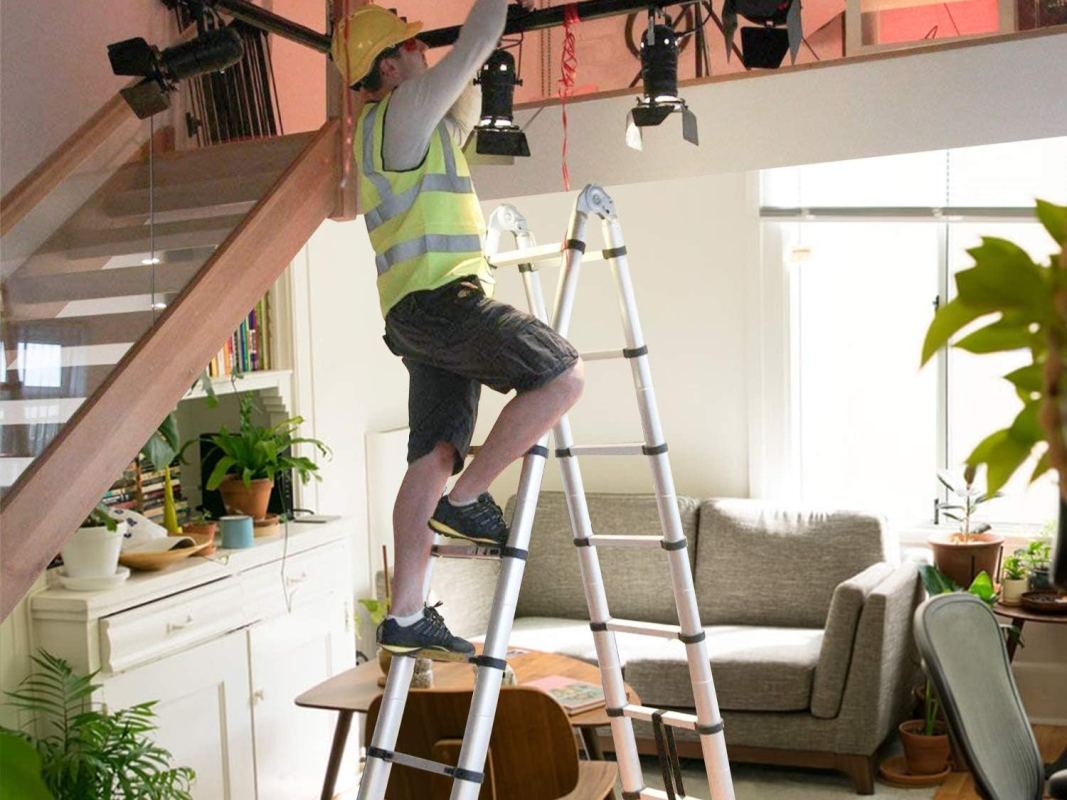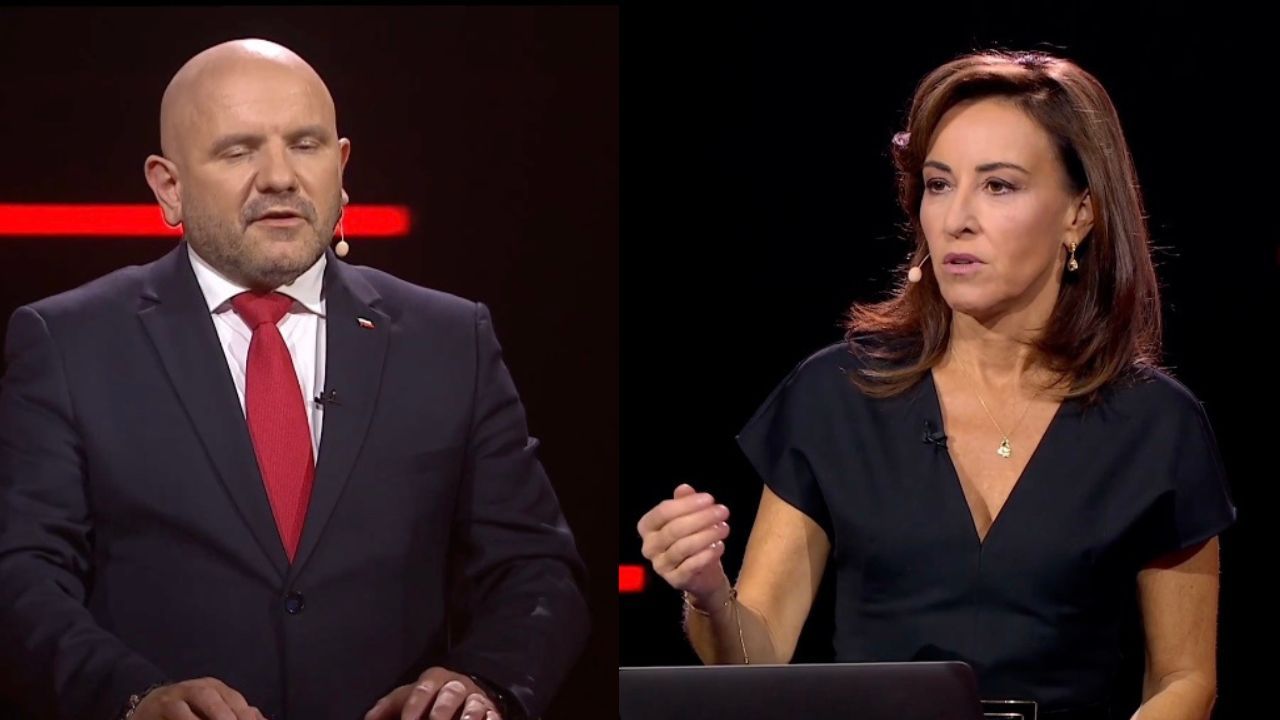UK house prices increased by 0.5% in September after falling 0.1% the previous month, according to Nationwide Building Society. The average property value reached £271,995, with annual growth accelerating slightly to 2.2% from 2.1% in August.
Robert Gardner, Nationwide's chief economist, said: "Despite ongoing uncertainties in the global economy, underlying conditions for potential home buyers in the UK remain supportive." He added: "Providing the broader economic recovery is maintained, housing market activity is likely to strengthen gradually in the quarters ahead."
Regional performance shows stark divisions
Northern Ireland dominated the housing market with exceptional annual price growth of 9.6% in the third quarter, far outpacing all other regions. Wales experienced acceleration to 3.0% annual growth from 2.6% in the previous quarter, while Scotland's growth moderated to 2.9% from 4.5%.
England recorded the weakest performance with annual growth slowing to 1.6% from 2.5% in the second quarter. Gardner noted that northern English regions including the North East, North West, Yorkshire and the Humber, East Midlands and West Midlands achieved 3.4% year-on-year price increases.
Southern England showed subdued growth at just 0.7% annually, with Gardner highlighting "marked softening" in the Outer Metropolitan and Outer South East areas. London managed modest 0.6% annual growth, while the Outer South East recorded the weakest performance at 0.3%.
Property types reveal mixed fortunes
Semi-detached properties led price growth over the past year, rising 3.4% according to Nationwide's analysis. Detached and terraced homes saw similar increases of 2.5% and 2.4% respectively, while flats experienced a 0.3% annual decline.
Gardner explained the longer-term pattern: "Looking over the longer term, flats have seen noticeably weaker growth than other property types in recent years. For example, over the last 10 years, the price of a typical flat has increased by around 20%, less than half of the rise in the price of terraced houses over the same period."
Mortgage rates and market conditions create uncertainty
Alice Haine from Bestinvest by Evelyn Partners highlighted ongoing challenges despite recent improvements. "While mortgage rates have eased over the past year, following five Bank of England interest rate cuts, the outlook for further reductions remains unclear," she said. Average two and five-year fixed rate mortgages remain around the 5% mark, with broader economic pressures potentially limiting further improvements.
Jason Tebb from OnTheMarket emphasised buyer strength in current conditions. "Average prices are being held in check with buyers finding themselves in a strong position, which they are using to negotiate on price," he said. Multiple industry experts confirmed that buyers with secured financing hold significant negotiating power.
Budget uncertainty weighs on market activity
Tom Bill from Knight Frank identified key factors constraining demand ahead of November's Budget. "High levels of supply and a growing sense of uncertainty as November's Budget approaches are both keeping downwards pressure on demand and prices," he said.
Iain McKenzie from the Guild of Property Professionals urged swift action for Christmas completions. "Buyers motivated to complete before Christmas should act swiftly, as the window is narrowing," he said. "Looking ahead, sentiment will hinge on the interplay between inflation, monetary policy, and potential housing tax reforms in the autumn Budget."
Matthew Thompson from estate agent Chestertons suggested potential for rapid market recovery. "Uncertainty over potential tax changes is holding back activity but if the announcements bring clarity, confidence could return quickly and create an unusually busy end to the year," he said.
Sources used: "PA Media" Note: This article has been edited with the help of Artificial Intelligence.






